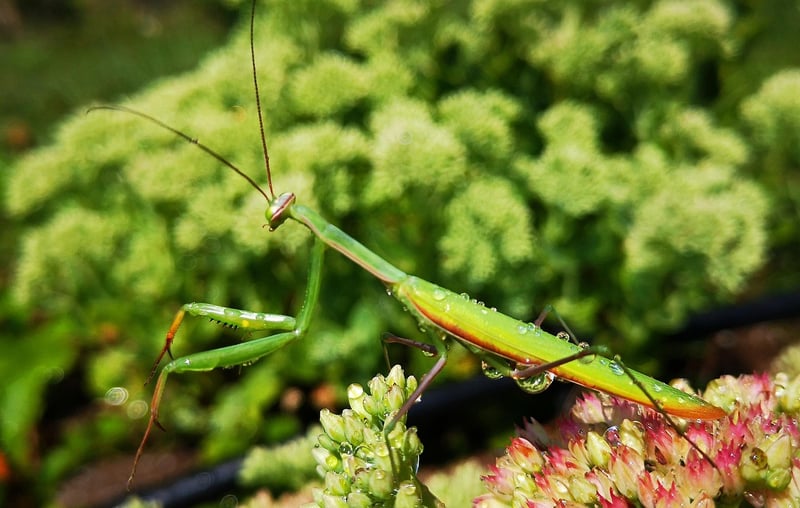Beneficial Insects
The Importance of Encouraging Biodiversity for Beneficial Insects in Your Garden
When it comes to maintaining a healthy garden, biodiversity plays a crucial role in supporting beneficial insects that can help control pests naturally. By creating a diverse ecosystem in your garden, you can attract a wide variety of insects that act as natural predators, pollinators, and decomposers, contributing to the overall well-being of your plants.
Why Biodiversity Matters
Biodiversity refers to the variety of plant and animal species present in a particular habitat. In a garden setting, a diverse range of plants will attract different types of insects, creating a balanced ecosystem where beneficial insects can thrive. By planting a mix of flowers, herbs, and vegetables, you can provide food and shelter for a wide array of insect species.
Beneficial Insects to Attract
Some of the most common beneficial insects you can attract to your garden include:
- Ladybugs: Known for their voracious appetite for aphids, mealybugs, and other plant-damaging pests.
- Praying Mantis: Effective predators that feed on a wide range of insects, including caterpillars and beetles.
- Lacewings: Valuable allies in controlling aphids, spider mites, and other soft-bodied pests.
- Bees: Essential pollinators that help fertilize flowers and ensure fruit and seed production.
Creating a Biodiversity-Friendly Garden
To encourage biodiversity in your garden and attract beneficial insects, consider the following tips:
- Plant a Variety of Flowers: Different flower shapes, sizes, and colors will appeal to a diverse range of insect species.
- Include Native Plants: Native plants are well-suited to the local environment and provide food sources for local insect populations.
- Provide Shelter: Incorporate features like rock piles, logs, and dense shrubs to offer hiding spots for insects.
- Avoid Pesticides: Chemical pesticides can harm beneficial insects, so opt for organic pest control methods whenever possible.
Conclusion
By promoting biodiversity in your garden, you can create a thriving ecosystem that supports beneficial insects and reduces the need for harmful pesticides. Embracing natural pest control methods not only benefits your plants but also contributes to the overall health of the environment. So, next time you're planning your garden, remember the importance of diversity in attracting these tiny garden helpers!



